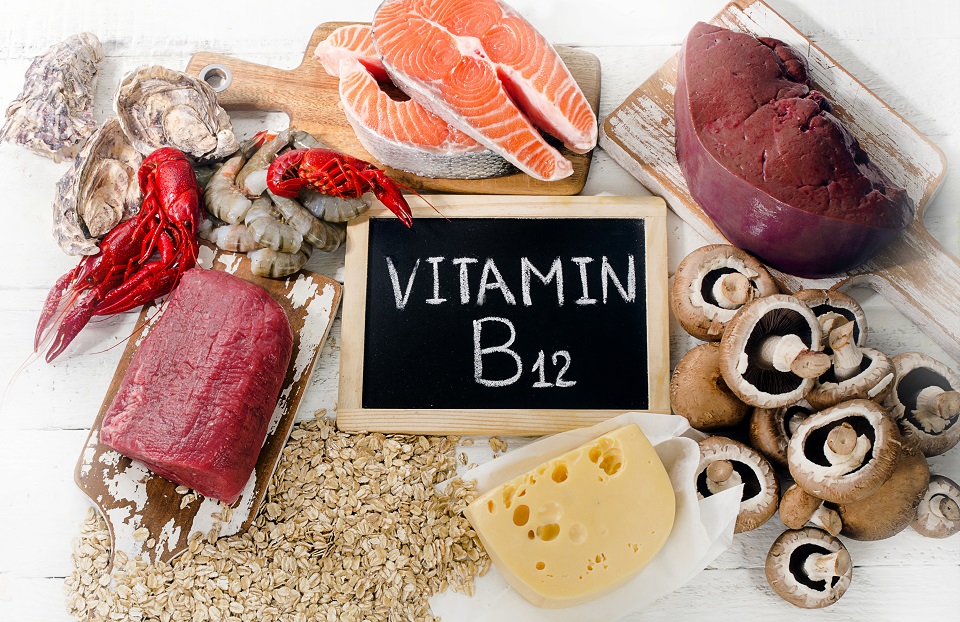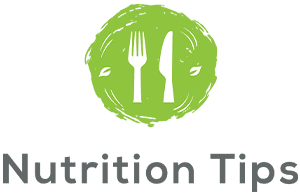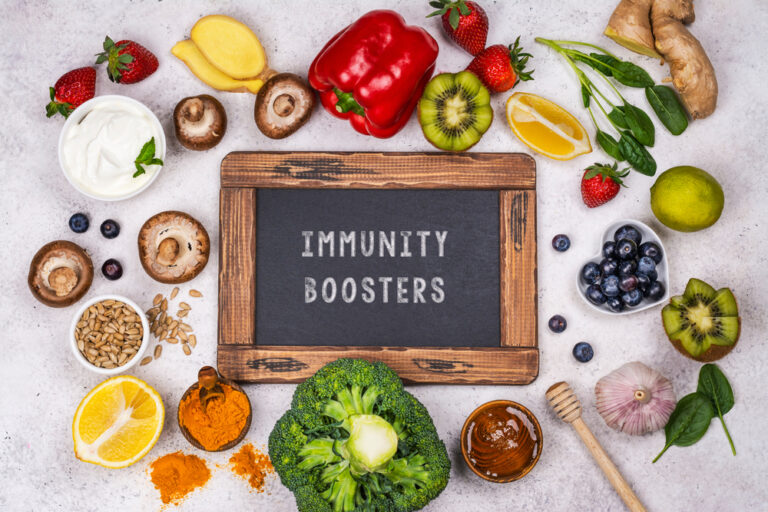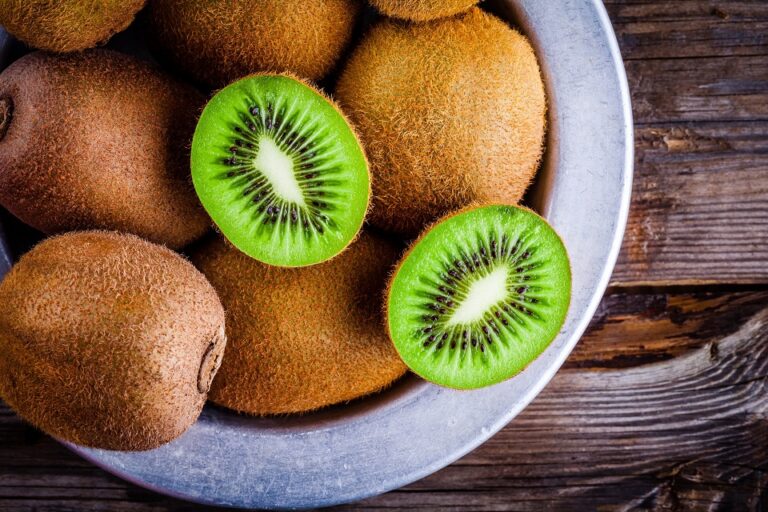
Vitamin B12
Doctors also refer to it as cobalamin, but vitamin B12 is known more under the latter name. Without vitamin B12, our nervous systems won’t be able to develop and grow properly. Apart from that, vitamin B12 is also responsible for the development of proteins, lipids, RNA, and DNA.
Red blood cell formation is possible due to vitamin B12. So, what could happen to people who don’t get enough of this crucial vitamin?
First of all, having a vitamin B12 deficiency often translates to anemia. In severe cases, it can lead to a damaged nervous system. People with a B12 deficiency could experience numbness and tingling in both feet and hands. Some patients reported confusion as a symptom, too.
Vegetarians are more prone to having a vitamin B12 deficiency since the best vitamin B12-rich foods come from animal sources. However, certain medications could also be the culprits of a vitamin B12 deficiency. And yes, you can overdose on vitamin B12 supplements… Way too many can cause diarrhea, nausea, vomiting, and headaches.
For healthy adults, the recommended daily intake of this vitamin is 2.4 micrograms. Older adults might need to take more. No matter in which category you find yourself, talk to your doctor before taking any supplements.
Foods High in Vitamin B12
- Lamb liver (3 ounces: 70.7 mcg)
- Shellfish (3 ounces: 84.1 mcg)
- Trout (3 ounces: 5.4 mcg)
- Salmon (3 ounces: 4.8 mcg)
- Low-fat milk (1 cup: 1.2 mcg)
- Eggs (1 large egg: 0.6 mcg)












